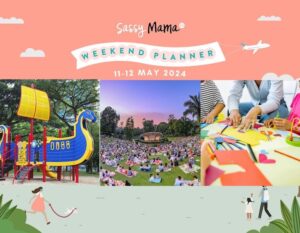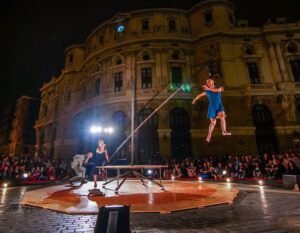
Most, if not all schools in Singapore celebrate Racial Harmony Day. This preschool goes the extra mile by engaging in daily cultural exchange and more to celebrate diversity
What makes a preschool inclusive besides celebrating the key cultural holidays and sharing stories of different cultures? Principal of House on the Hill Balmoral Hafizah Kamarudin shares how her preschool makes sure to practice inclusivity and cultural sensitivity not only on important occasions, but all year round.
Racial Harmony Day is observed on 21 July every year to remind all of us of the importance of maintaining racial and religious harmony in Singapore’s multicultural and multi-ethnic society. At House on the Hill, we’re also taking the opportunity to celebrate the broad cultural diversity we have here at our school. On this day, the children will get to capture memories with their friends dressed in their traditional cultural outfits, at a photo booth set up for the day. They’ll have the opportunity to share their culture with their friends at Show-and-Tell. They will be involved in a Harmony Day Bracelet craft activity and our teachers will be reading stories about teamwork and acceptance. It is a chance for our students to celebrate their diversity together, a value that is a core facet of what makes our House on the Hill community so very special.
As Early Childhood educators, we are often asked why we have chosen this profession. For most of us, it is because we understand our children to be the future, and we want them to have and to build the best future possible. As Dr. Maria Montessori said, “The child is both a hope and a promise for mankind” (Education and Peace). Educating the future is no small task! In addition to wanting our children to understand the world around them, we must also teach them to be valuable participants in it.
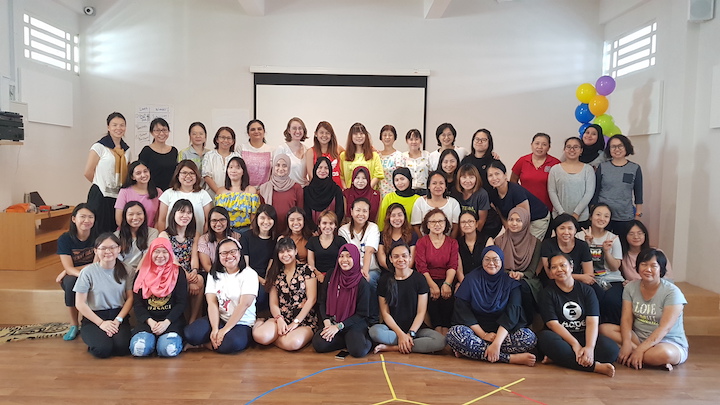
Dr. Maria Montessori and her work were both greatly impacted by the World Wars. In 1939, Dr. Montessori herself was barred from returning to Europe from India when World War II began, and she remained there for the duration of the war. The devastation of both wars affected her greatly and she saw education as the answer to preventing such hostility between people. She believed children must learn about the world–both its physical and political landscape– in order for peace to be a reality in their lifetimes. This took shape as the fifth subject of the Montessori curriculum: Cultural Studies. Today at House on the Hill, our children learn from Dr. Montessori’s curriculum as well as from one another. We are a diverse community where both teachers and students are engaged in daily cultural exchange, working towards a peaceful future.
Dr. Montessori may never have imagined classrooms as diverse as ours when she first began her schools in Italy. Across our three campuses, we have children representing dozens of nationalities, languages and cultures. Our teachers and staff also hail from places within and beyond Singapore! We have an overarching ethos of practising kindness and respect for each other. It is ingrained in our school culture, and colours and guides everything that we do, from who we welcome through our doors to how we treat each other.
Passionate, dedicated and highly qualified, our teachers and staff members are all hand-picked to ensure the very best possible experience for each child in our school. In a competitive landscape, we take pride in the strength of loyalty amongst our team as evident from a very low staff turnover at House on the Hill. As an employer, we provide not only a nurturing environment for our young students but also an exciting and supportive one for our teachers as well. From further studies to professional training and personal development, we encourage our staffing team to become the best they can be.
At House on the Hill, our approach towards ensuring we have diverse and happy staffing is to recruit with an open heart and mind. We have teachers of many nationalities, ethnicities, backgrounds, genders, shapes and sizes! We believe that it is beneficial for students to see and learn about as many cultures and communities as possible and encourage our teachers to share their stories about their heritage as early as possible. The world is made up of people from all kinds of different backgrounds. Our children today are global citizens and it is vital that they are equipped with the foundational tools for navigating interpersonal relationships from a young age. We treat each other with kindness and respect as a given, both as models for our students and as good policy. Children learn from example!
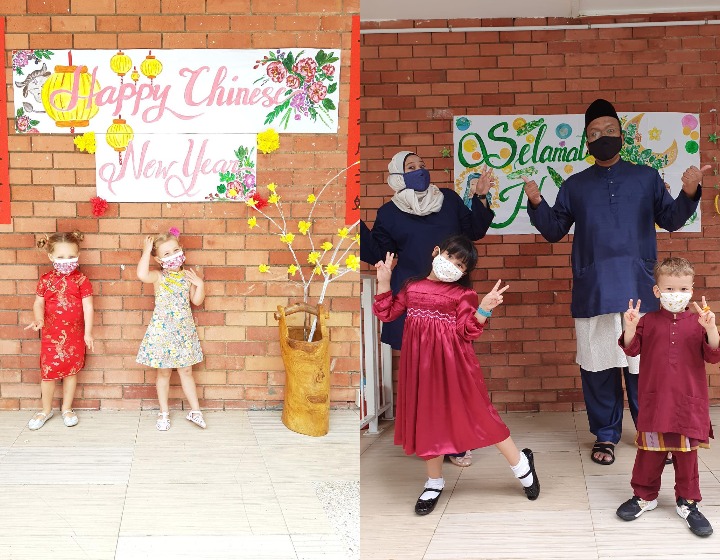
This cascades down to our classrooms and how we interact with one another. Various aspects of Montessori education combine to teach skills that go beyond academics. Mixed-age, vertical learning teaches leadership and patience. Having just one of each material in the classroom teaches sharing and kindness. Individual pacing and instruction allow children to grow their curiosity and love learning. The care we expect for our classroom environment grows to be a care for the Earth’s environment. These are only the tip of the iceberg; every day our work is to help children grow into kind, responsible, and curious members of the world. Montessori philosophy advocates the use of natural materials, our toys are mostly made from sustainable timbers such as alder, beech and rubberwood and therefore neutrally coloured. This naturally encourages colour neutrality for the use of both genders. The focus instead is on imaginative play and refining their sensory perceptions with toys whose designs reflect years of thought, tradition and craftsmanship.
To build critical thinking skills and creative independence, we create and weave in experiences that help with fostering a lifelong love of learning. Storytelling and reading assist not only with important literacy skills, but also with opening minds, encouraging a sense of adventure, and helping to imbue our children with a lasting sense of positivity to seize every moment of life. Our curriculum team use all resources possible to build our collection of books. The emphasis is on finding books that are in line with our ethos and values. They look for suggestions from libraries all over the world, consult the internet for anything new and interesting in the world of young children’s literature and constantly keep an eye out for stories that are fun, engaging and are able to help our children to discover, learn and grow.
We take special care to incorporate cultural activities into our curriculum throughout the year and are especially mindful to be as inclusive and sensitive as possible. Each year we celebrate different holidays from various traditions. We read stories, play games, make culture-specific crafts and have show-and-tell from students celebrating the festival to that bring their cultures to life for their classmates. It is a very special and fun experience for all!
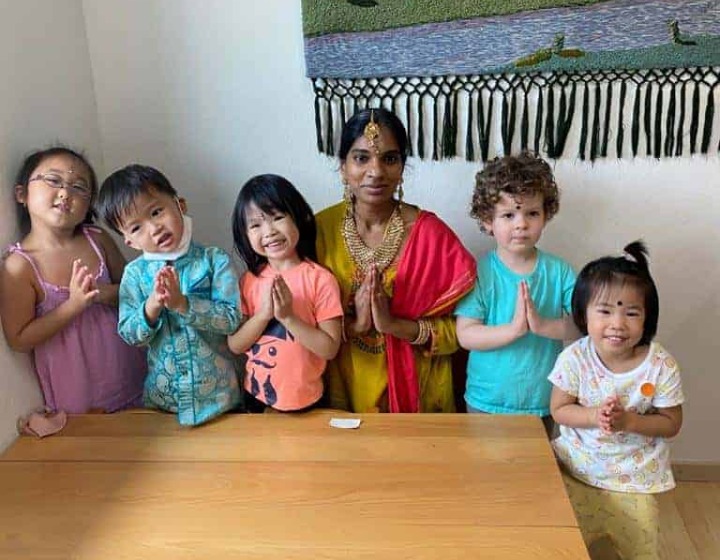
For example, during Diwali in 2020, one of our Hindu students shared with her class the story of Rama and Ravana. Another student’s mother also kindly prepared some traditional mithai (Indian sweets) for the children to sample as a joyous gesture for celebrating the festival. Our Mandarin Lao Shi also incorporate their various cultures into their teachings, giving our children first-hand experience of not only the language but the myriad of traditions from China. For our Lunar New Year celebrations, they led children in calligraphy, food preparation, and song and dance!
It is perhaps worth noting that our Parents Support Group parents are also recruited on the principles of inclusion and diversity. Our PSG is a key facet of our school life, helping to plan social events within and outside the school and facilitating parent involvement in various activities with their child. Through their communications with HotH parents, we receive valuable feedback on events and activities as well as the day-to-day operations of the school. We try to make sure there is a good mix to ensure representation from the many nationalities and cultures that make up our HotH Community, so that all voices are given the chance to speak and be heard.
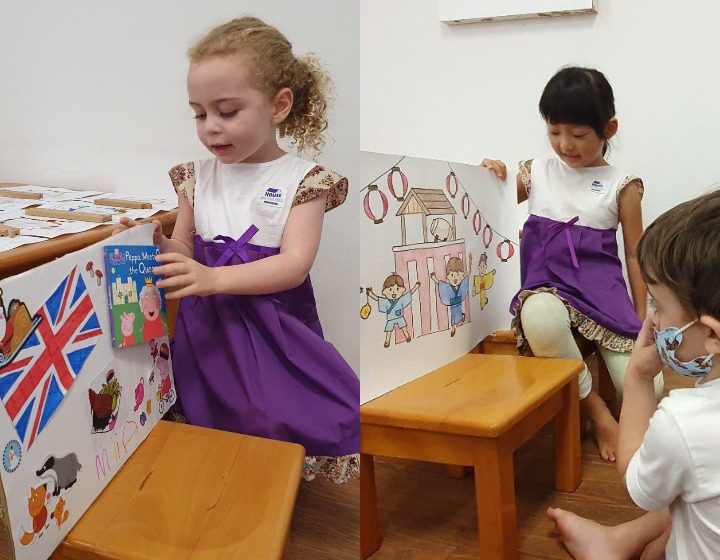
Dr. Montessori said, “Education is the best weapon for peace.” (Dr. Montessori, 1937 lecture in Copenhagen). At House on the Hill we are working each day to impart values and critical thinking skills to our children that will help them be socially conscious citizens who make Dr. Montessori’s dream of peace a reality.
Happy Racial Harmony Day!
House on the Hill Balmoral, 2H Balmoral Crescent, Singapore 259887, Tel: (+65) 6258 6061
House on the Hill Pasir Panjang, 396 Pasir Panjang, Singapore 118733, Tel: (+65) 6251 6451
House on the Hill Mount Sophia, 33 Mount Sophia, Singapore 228481, Tel: (+65) 6337 3940
[email protected], www.houseonthehill.com.sg
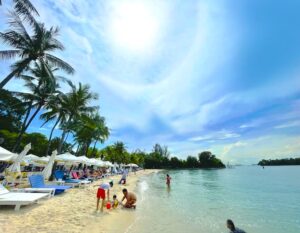

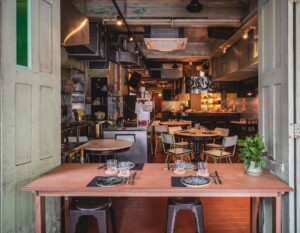
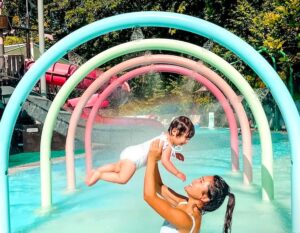


 View All
View All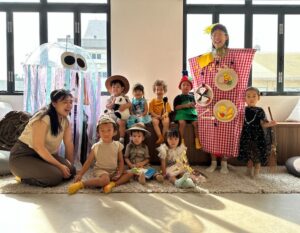
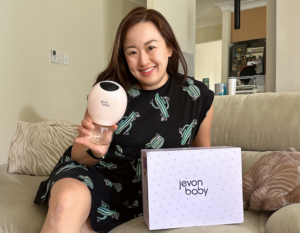

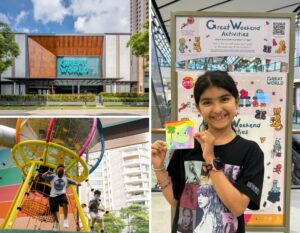
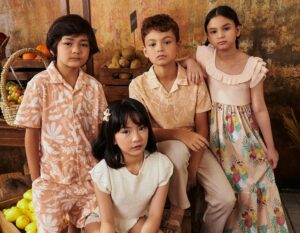
 View All
View All


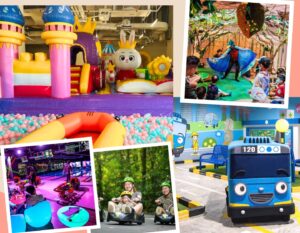
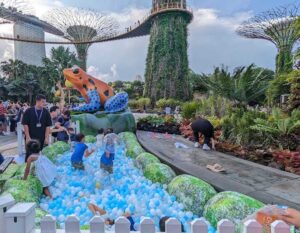
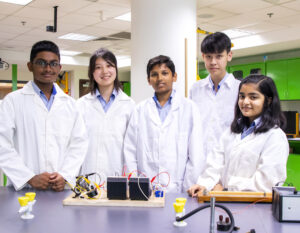
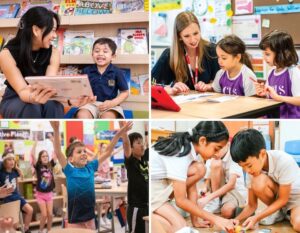


 View All
View All